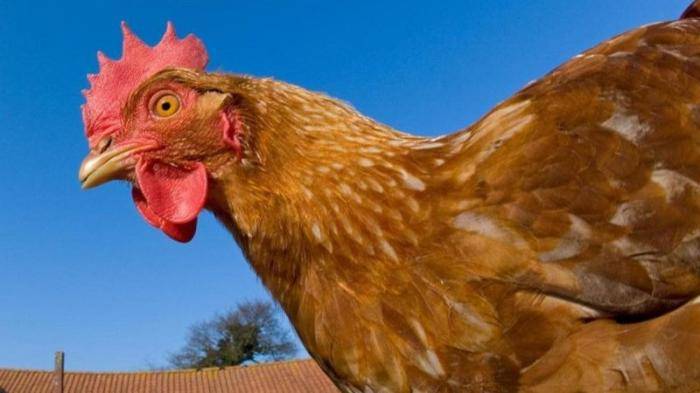
Legend has it that even among the bird family, chickens are the dull ones. They are just a group of walking meat factories whose only ability is to lay eggs.
Fact: The world's most common bird is actually very intelligent and may even care about the welfare of its own species - which could pose a difficult ethical dilemma for the chicken industry.
There are many facts about chickens that you never imagined. As one of the most abundant vertebrates in the world, chickens have a total global population of 19 billion. But most people and chickens don't have much, if any, contact - at least with live chickens.
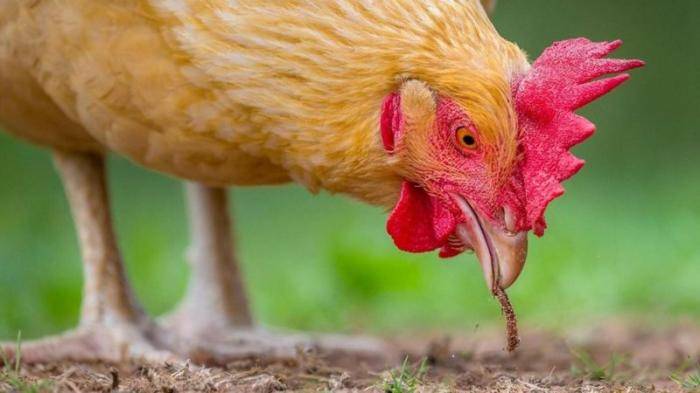
As a result, people have developed some strange mindsets about chickens. Some studies show that many people don't even think of chickens as a type of bird. In fact, the chicken is a representative member of the order Galliformes, which also includes turkeys, partridges and pheasants.
Chickens don't seem to have the same complex psychological characteristics as "higher" animals such as monkeys and apes, so people generally think that chickens have low IQs. Certain elements in popular culture further reinforce this impression and also have the effect of reducing psychological stress when eating eggs or chicken.
However, chickens are not stupid animals at all.

Chickens can count, have a degree of self-awareness, and even scheme against each other. In fact, chickens are very intelligent animals, and even a short time of contact with chickens is enough to change long-term wrong impressions. In a study published in 2015, Lisel O'Dwyer and Susan Hazel conducted an undergraduate course at the University of Adelaide in Australia. To study psychology and cognitive science, students conducted a series of experiments that included training chickens.
Before the course begins, students are asked to fill out a questionnaire. Most students said they had had little contact with chickens before. They believe that chickens are just simple creatures and do not have complex emotional reactions such as boredom, annoyance or happiness.
.However, after only 2 hours of training with chickens, most students already believed that chickens definitely have the ability to perceive the above three emotional states.
"Chickens are much smarter than I thought," one student wrote in a follow-up questionnaire. Another student said: "I never knew chickens were such smart animals. They learn things very quickly." "

As a follow-up to this study, which has not yet been released publicly, Olduvai conducted the same experiment with workers in the chicken industry and came to the same conclusion. "Two completely different social groups showed similar attitudes towards chickens, and the attitude changes after the experiment were quite similar," she said.
She is currently studying whether this experience will affect human eating habits - for example, whether people will be more inclined to eat chickens raised in a more humane way.
In January 2017, Lori Marino of the Kimmela Center for Animal Advocacy in Kanab, Utah, published a series of reviews and reviews of scientific research on chicken cognition. Assessment, Olduvai's research results are just one of them.
"This paper is part of the Someone Project, a joint initiative of Farm Sanctuary and the Kimera Animal Advocacy Center," Marino said. "The goal of the project is to provide scientific data related to livestock and poultry to the public. "
Marino said scientific evidence confirms that domestic chickens are by no means ignorant and low-intelligence as most people think.
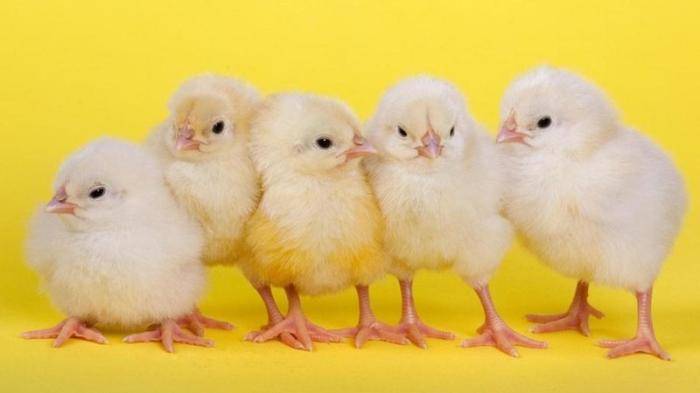
For example, Rosa Rugani of the University of Padova in Italy and colleagues have published a series of papers over the past decade. By studying newly hatched chicks, they found that chickens can not only count, but can even perform some basic arithmetic.
After the chicks hatch, there are five Kinder Surprise eggs in the chicken coop. A few days later, the experimenter took away all five surprise eggs in front of the chicks, and then hid three of them behind a screen and the remaining two behind a second screen. Most of the chicks headed toward the screen that contained the most curiosity eggs.
Follow-up experiments tested the chicks' memory and ability to add and subtract. The experimenter hid the surprise eggs behind a screen and moved the surprise eggs between the two screens in front of the chicks. The chicks seemed to always know the number of surprise eggs behind each screen, and then rushed to the screen with the most surprise eggs.
Even with a lack of life experience shortly after birth, chickens have strong numerical abilities, Lujiani said.
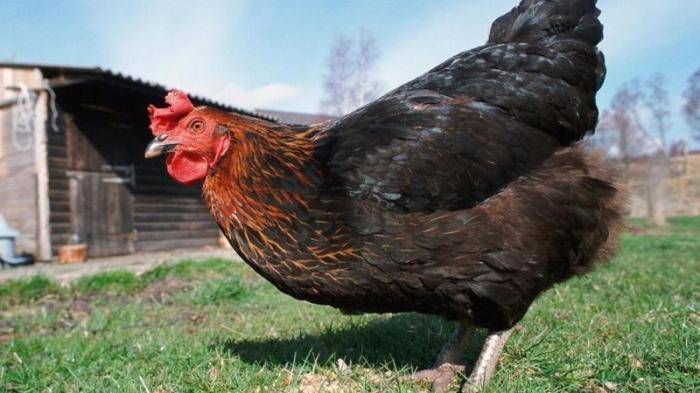
She believes that this ability is more common among higher animals, and chickens apparently have this ability. "This ability can help animals adapt to their natural environment, such as going to places with more food, or seeking the greatest number of their own kind for protection," she said.
Chickens can also do "conscious time travel" - the ability to imagine the future - to get more food. A 2005 study by Siobhan Abeyesinghe, then at the University of Bristol, UK, confirmed this.
Abiesinhe set up an experimental mechanism: There are two keys in front of the chicken. After pecking the first key, there will be a brief opportunity to get food after a 2-second delay. Peck the second key to have a longer chance of getting food after a 6 second delay.
Most chickens choose to peck at the second key: they wait longer, but get more food. In other words, chickens have self-control—which some biologists believe means some degree of self-awareness.
.Chickens have complex social behaviors.
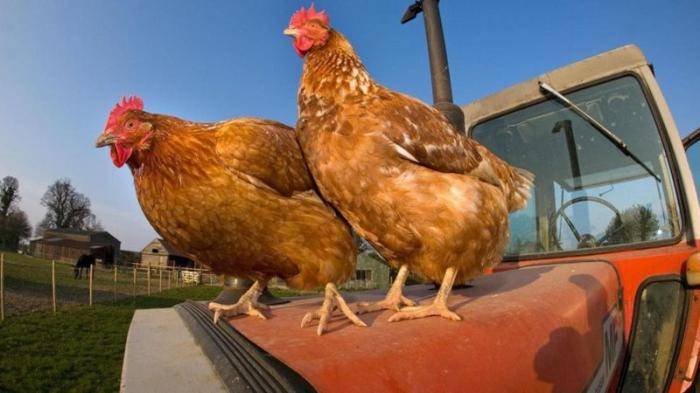
Studies have confirmed that birds can foresee the fate of their own species and take advantage of this premonition.
If a foraging rooster finds delicious food, he will dance towards the hen next to him and send out a food-attracting signal to attract the hen's attention.
However, if a lower-status rooster also performs the regular dancing/calling combination, it is at risk of being attacked by a higher-status rooster. Therefore, if a high-status rooster is nearby, the low-status rooster will often perform a unique dance while remaining silent, thereby attracting the attention of the hen without being noticed by the high-status rooster.
At the same time, some roosters will deceive hens by emitting baiting calls even when no food is found. Hens, on the other hand, can quickly identify which roosters often perform these tricks.
There is evidence that chickens have basic empathy for their own kind.

Over the past six years, Joanne Edgar of the University of Bristol in the UK has conducted a series of studies. The purpose of the study was to test how hens react when their chicks are sprayed - the experimenters had previously performed similar spraying on hens, which were uncomfortable when sprayed.
When the chicks are sprayed, the hen's heartbeat speeds up and the frequency of calling the chicks increases. However, the hens did not react this way when the spray was directed next to the chicks without affecting the chicks.
A paper published in 2013 reported that hens learned to associate one colored box with air jets and another with safety - no air jets. When the chicks were placed in the "danger" box, the hen showed concern even if she did not spray on the chicks.
This suggests that hens can be aware of potential dangers to their chicks through self-knowledge, rather than simply reacting to dangers that their chicks are experiencing.
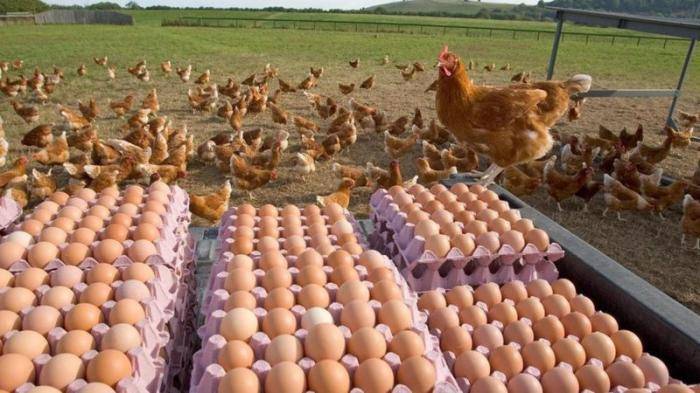
Research continues, Edgar said. "We are not yet sure whether the behavioral and physiological responses of hens when chicks are exposed to danger are an emotional response or simply an aroused response or interest. "
If it is indeed confirmed that chickens can sympathize when others of their own kind suffer misfortunes, it will raise serious questions about the breeding process of the chicken industry.
"In many cases, captive animals sense through sight, hearing and smell that their own species are suffering pain and suffering," Edgar said. "It must be determined whether the welfare of animals in captivity has been compromised in these circumstances. "
Marino also believes it is necessary to think carefully about these issues. "The reason people think chickens are self-aware and mentally retarded is just because they're human food," she said.
One surprising fact is that chickens have cognitive abilities beyondbeyond most people's imagination. But will this change consumers' shopping habits at the meat counter? The jury is still out.
animal tags:
We created this article in conjunction with AI technology, then made sure it was fact-checked and edited by a Animals Top editor.